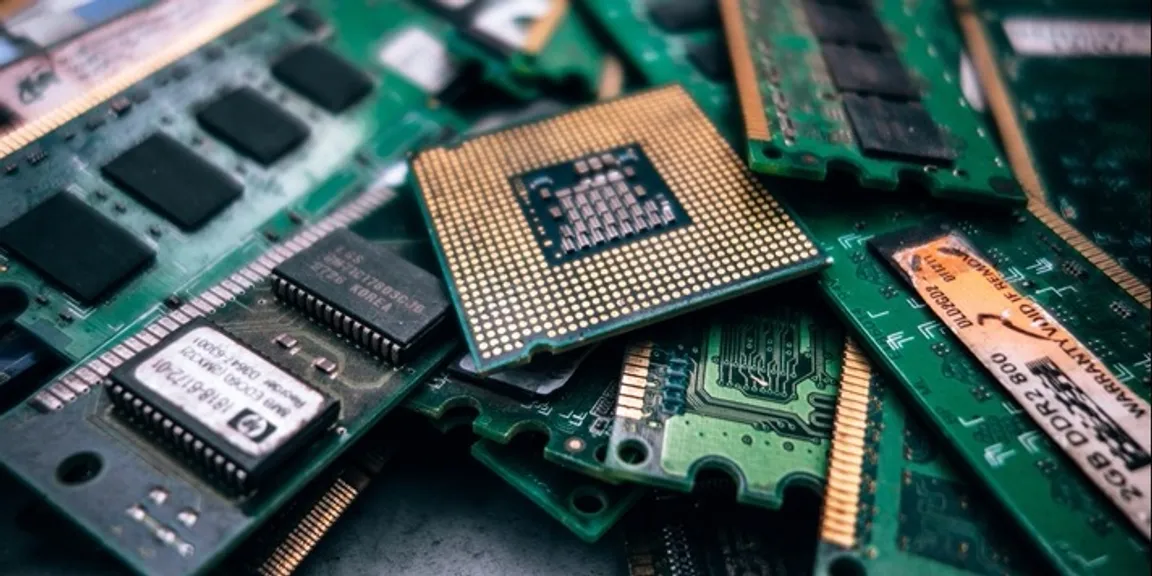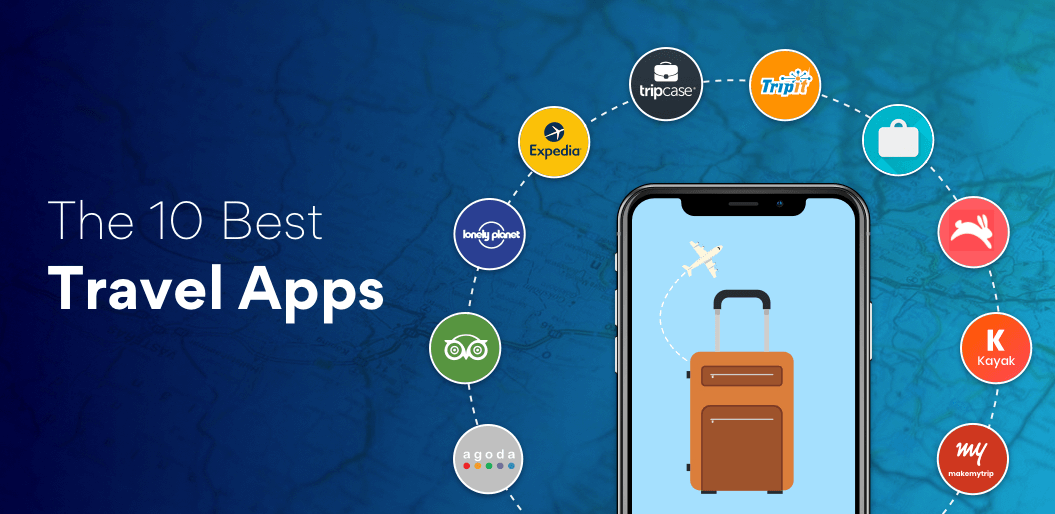

The ABCs of using beacons in IoT
Many IoT applications use beacons, even the large industries like retail and warehousing use them. But for most of us beacons are still an unsolved mystery.

credit: pexels.com
With every passing day, technology boom is getting higher and higher. All the evolving technologies are easily becoming part of our day to day environment.
But many of them remain unnoticed.
And one of them is ‘Beacons,’ and its use in IoT.
Many IoT applications use beacons, even the large industries like retail and warehousing use them. But for most of us beacons are still an unsolved mystery.
Let’s solve the mystery, and find out what beacon is all about, or to be more specific, “What is beacon technology?”
Beacons are small wireless sensors that uses low energy Bluetooth (often termed as Bluetooth Smart) to broadcast radio signals to communicate with other connected smart devices.
Beacon technology uses a small embedded ARM computer with a Bluetooth Smart connectivity module which runs on a firmware.
Beacons computing power is up to 257 bytes, and it's insufficient to embed any media content; so, it’s basically used for processing sensor data with an encrypted beacon ID.
Beacon technology is mainly used for mapping, tracking and location services using the RSSI (received signal strength indicator) estimate. The location services are generally directed by a framework (SDK built in the core location), which comprises of noise reduction algorithms to make the signals smoother and the results fairer.
If there’s GPS, then why Beacon?
We all know that the future of business is hyperconnected, and we need to be connected to scale up.
Beacon evolved as just another Bluetooth-dependent technology; and we often wonder, if beacons are similar to GPS in their functionality then why would we need them?
If we take location accuracy into consideration, then GPS is born to that. Whereas beacons are used to implement context aware applications.
Beacons have an upper hand over GPS while operating in indoor environments, where GPS fails to deliver fruitful results. In such situations, beacon is used together with triangulation algorithms to locate objects.
Also, beacon is the show stopper when it comes to power consumption.
GPS is often considered to be power hungry, and its power consumption is always compared with Wi-Fi. Whereas, with a coin-cell battery beacon can work for years depending on the broadcasting frequency.
GPS and beacon, both technologies are used for tracking. GPS is used for tracking assets outside or inside a room, and beacons are used for tracking everything in between.
Some practical applications of Beacon
Smart Shelves
Every beacon-powered smart shelf is provided with a radio frequency identification reader (RDIF). The RFID can be implanted into the shelf or placed above, behind or underneath the shelf. The RFID scans the items on the shelf and then notifies the backend system of the items placed or to be placed on the shelf.
Beacon powered smart shelves allows for a better understanding of customer demands and preferences. However, the smart shelves are also acting as a boon for the industrial sphere for fast and easy stock control and tracking.
Beacon for local news
The internet provides us fresh news from around the world in a fraction of a second, whereas beacon technology helps in experiencing location-based storytelling.
Manchester in the US provides local stories to pedestrians on their smartphones. This helps in attracting tourists and tell the citizens of Manchester about the latest news, events, offers, and facts about the city. When the pedestrian exits the beacon range, the story disappears from the device screen.
Combining both offline and online campaigns, as well as indoor and outdoor devices into a single self-monitoring network, beacon is revolutionizing the tracking & mapping industry and companies related to a custom software development company.
Beacon technology is cheaper than its alternatives and is easier to use and support. It clearly shows that it’s the future of tracking and mapping.






